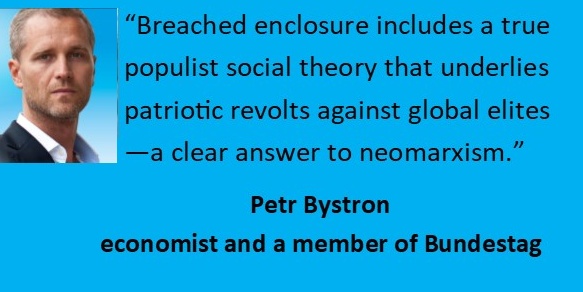A culture of counterfeiting exists across industries. Businesses falsify financial results (although they cannot do so indefinitely) and the prospect of new products. Governments falsify the results of government programs. Nonprofits falsify reality to create the appearance of a scary problem and get grants to solve it. All together they lie about migrant integration and crime. After all, even in selling products, marketing is playing an ever greater role and technical features less and less of a role. The impression created by a power point presentation or a media image is more important than reality.
So can we expect fair and truthful reporting on a war in a small, remote country? This applies not just to Afghanistan, but to all other conflicts, and to major projects in general. When you read that your government has given money to a non-profit for a wonderful project somewhere in Africa, what do you really know about it?
When you read that your government has given money to a non-profit for a wonderful project somewhere in Africa, what do you really know about it?
So yes, my critical readers were right. Many people in the field in Afghanistan must have known what the situation was. It’s just that the people who would want to talk about it and want to solve the problems will never get into decision-making positions. Maybe somewhere there will be a captain troublemaker or a product manager troublemaker or an editor troublemaker. With any luck, they can hide in their organizations and stay there for years. But they definitely won’t get promoted. The higher we go, the more carefully the world is cleansed of such troublemakers
A similar principle applies to the same extent everywhere accross ages and civilisations. But would you want to be in the shoes of a general or intelligence chief who is being decorated this year, knowing that one day he will have to explain to Putin or the Chinese leadership why he has been giving false reports for years?


